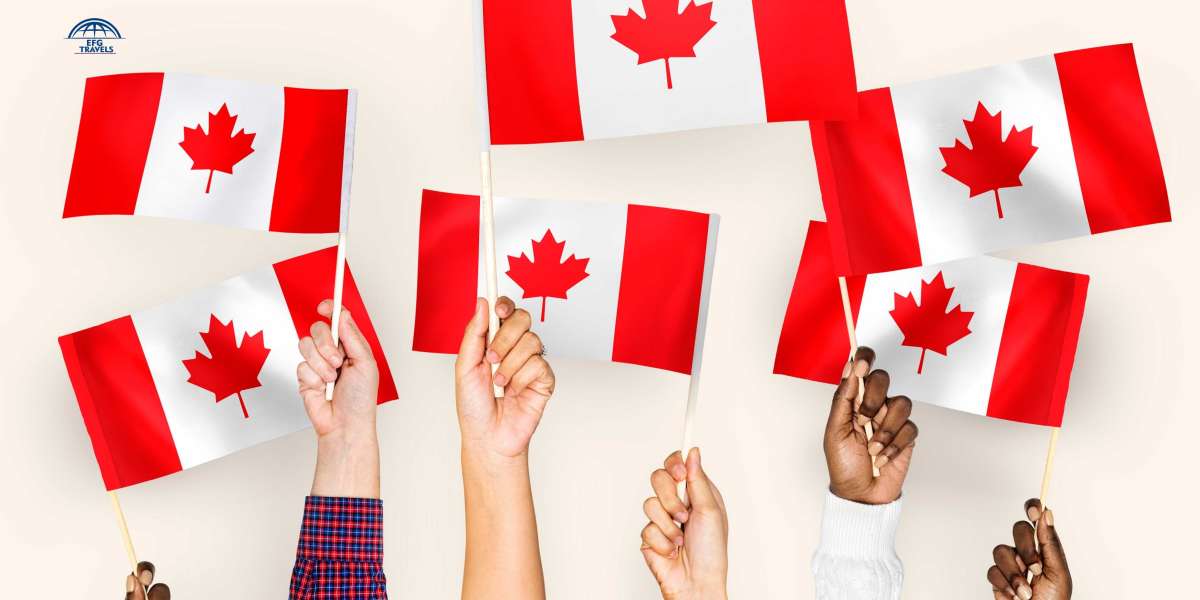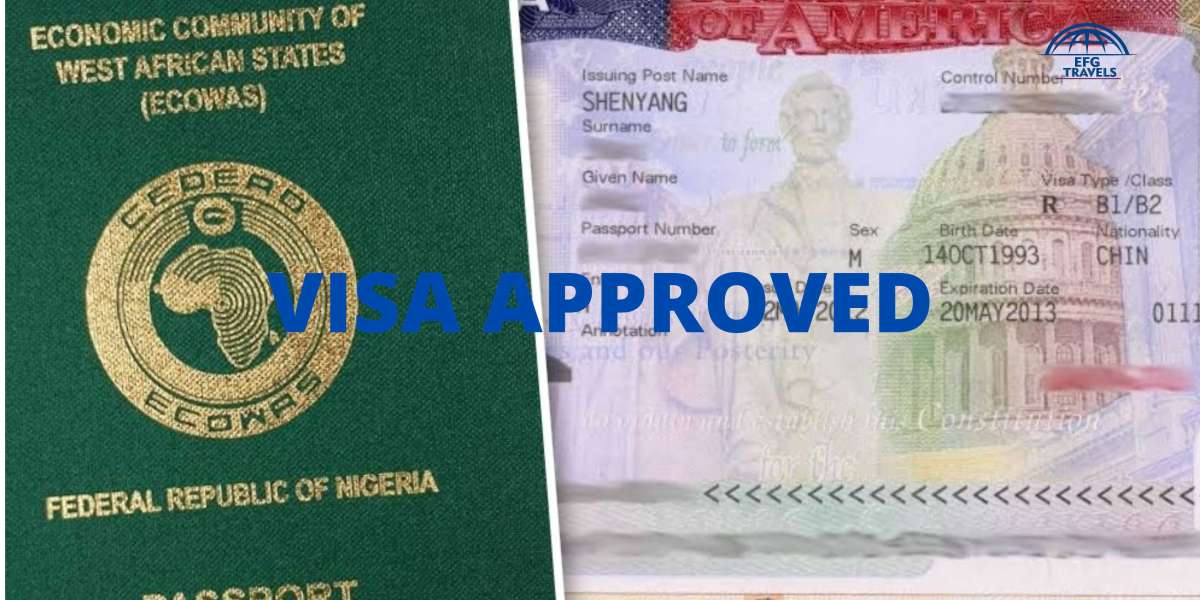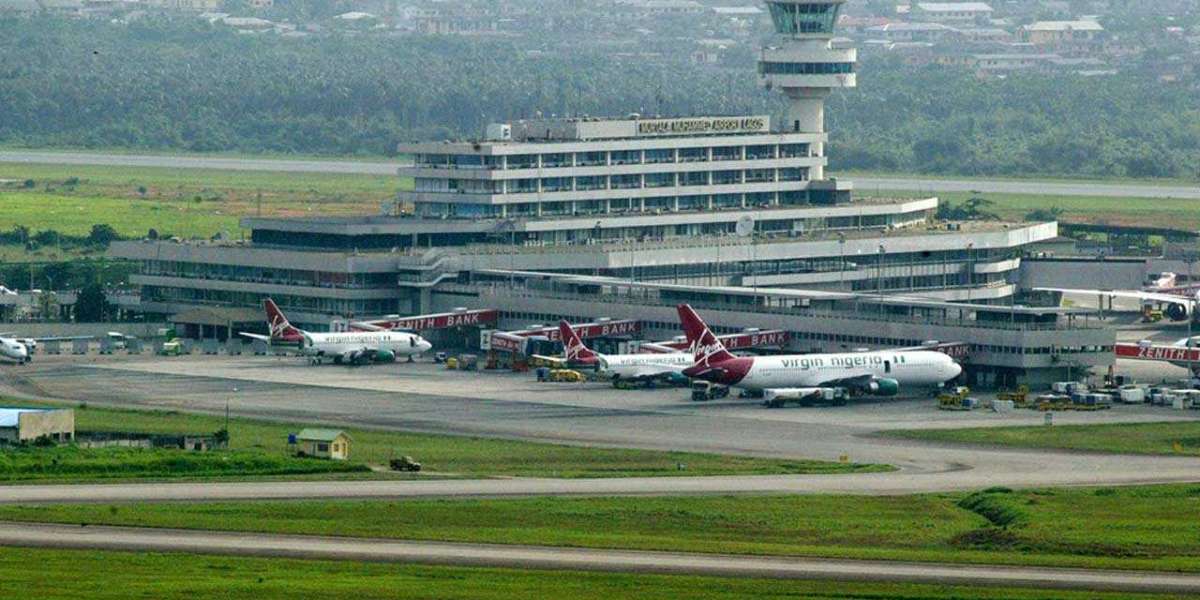The various routes that Nigerians who want to immigrate to Canada can take, as well as the actions required to make that dream a reality, were highlighted in the previous article. Please, go back to that article here to get up to speed with this concluding part. Please take a seat and enjoy the information in this article, which is sure to assist you in making the best choice for your travel itinerary.
Program for family sponsorship
Because the government of Canada places a high priority on maintaining strong family ties and encouraging family get-togethers, Canadians, both citizens and permanent residents, have the opportunity to sponsor their relatives through a variety of immigration programs.
Families may immigrate to Canada via family sponsorship programs if at least one member of the family is a citizen or permanent resident of Canada. Those who are eligible for this immigration route have the opportunity to immigrate to Canada permanently with their family. Because Canada values the importance of strong family ties, one of the most common types of immigration to Canada is through family sponsorship programs. These programs make it simple for citizens and permanent residents to bring their spouses and other close family members to Canada with reduced waiting times.
The sponsor is required to have Canadian citizenship or permanent residency to qualify to bring in someone else into the country. A,nd the sponsored individual must be an immediate relative of the sponsor. The following categories of people are qualified to be sponsored to migrate to Canada:
a person with whom one is cohabiting in a conjugal, married, or common law relationship.
A young person who is in need of help and may possibly be adopted
A little child or an elderly relative
orphaned siblings, brothers, sisters, nephews, nieces, and grandchildren under the age of 18 who are not married and are not living in a common-law relationship.
The ability of a sponsor to provide financial assistance to a relative they sponsored once that relative has arrived in Canada is dependant on the sponsor achieving certain income requirements and giving a written promise of such assistance.
The procedure for applying to participate in the Family Sponsorship Program is broken up into two stages:
A person must submit an application and give evidence that they are qualified to sponsor a family member or other relative before they can do so.
In order to qualify for permanent residency, the relative or relatives who are being sponsored each need to submit their individual application.
Processing timelines for the Family Sponsorship Program are subject to fluctuate and are dependent on the place of origin of the sponsored individual as well as the relationship between the sponsor and that individual.
The Family Sponsorship Program was established by the government of Canada to make it easier for families to be together after being separated for some time in Canada. It is a way for citizens of Canada and people with permanent residency in the country to assist family members in traveling to the northern part of the country and other provinces to reside.
You can sponsor the following categories of individuals to Canada:
Wife or husband, common-law partner, or companion.
Either they are already staying in Canada on a temporary visa or currently reside overseas, you may be able to sponsor your husband or wife, common-law partner, or conjugal partner for Canadian permanent residency. Those who apply while in Canada may also be granted an open work permit, allowing married people to earn money to help with bills.
Sponsored individuals can start working in Canada as soon as their sponsorship application has been submitted with the help of a spouse open work permit. If you and your partner are not married but have lived together for at least a year, you may be able to apply for spousal sponsorship in Canada because the country recognizes common-law unions.
Parents and Grandparents Sponsorship:
You may be allowed to bring your parents and grandparents to Canada as permanent residents if you are a Canadian citizen or a permanent resident.
To sponsor your parents and grandparents, you must meet specific requirements and go through a unique application process. These are the fundamentals:
Find out if you qualify: You must be at least 18 years old, a resident of Canada, a citizen of Canada, or a permanent resident, and you must be financially independent of your parents and grandparents.
You can express your desire to sponsor by filling out a form that can be found on the Canadian government's website. This form is due annually throughout the intake period (usually January-February).
You may be invited to submit an application to sponsor your parents or grandparents if your application is chosen from among those submitted.
Upload a thorough application package consisting of a sponsorship application, a permanent residency application, and any additional supporting documentation you and your parents or grandparents may be asked to provide.
It may take a few months for a decision to be made on applications for family sponsorship. However, you can check for how long it will take to make a decision on your parents and grandparents' sponsorship application.
The request you make to sponsor your parents or grandparents for permanent residency in Canada will be successful if they meet the necessary criteria. They will have the same rights to healthcare and education as Canadian citizens.
The Canadian government has made a number of changes to the family sponsorship program in recent years. Be sure to check the Canadian government's website for the most recent details before submitting an application.
Sponsoring of a Child or Other Dependent
When applying for a permanent stay in Canada, you have the option of listing your minor children as dependents. However, they may be able to join you in Canada at a later date even if you decide not to include them now. Citizens and permanent residents of Canada who have children under the age of 22 who are unmarried and childless can sponsor those children through Canada's child sponsorship program. If a young adult has a mental or physical disability that prohibits them from working, they may still be deemed a dependent even after the age of 22.
Sibling, cousin, nephew, niece, or grandchild who has lost a parent
Canadian citizens and Permanent Residents may be able to sponsor their orphaned siblings, nephews, nieces, and grandchildren under certain circumstances. Orphans who are related to you by blood or adoption and who are under the age of 18 are eligible for sponsorship.
Study Pathway to Canada Permanent Resident:
After finishing a college Diploma, Degree, Masters, or a Ph.D studies in Canada, foreign students have various options for remaining in the country and eventually becoming permanent residents.
ALSO READ: How to Relocate to Canada from Nigeria
Getting a Canadian educational certificate could help you in your quest for permanent residence status in Canada. Numerous immigration schemes from the federal and provincial governments are aimed at people who have studied and worked in Canada.
A Post-Graduation Work Permit (PGWP) allows international students to work in Canada for a maximum of three years (the policy can change depending on the government's focus at the time) after they graduate from a Canadian post-secondary institution.
You can apply for various federal and provincial pathways to permanent residence while in possession of a PGWP, including:
Express Entry Program:
Express Entry Program: Developing a profile through the Express Entry system is a well-publicized way to submit an application for permanent residency. Requests for immigration to Canada in the economic class are almost exclusively processed through Express Entry. Candidates who have been accepted through the Express Entry pathway are qualified to submit an application for permanent residence status in Canada, as was stated earlier on.
The Comprehensive Ranking System (CRS) is utilized in order to perform the evaluation of applications for Express Entry. People who are young, have successfully completed postsecondary education or have previous work experience in Canada, and have a strong command of the English language and/or the French language are favored by the Comprehensive Ranking System. These are characteristics that are shared by a lot of international students in Canada.
Graduates from other countries who apply for permanent residency in Canada through the Express Entry system have a better chance of being accepted into the Canadian Experience Class (CEC) program. This program gives permanent residency to a significant number of international students and temporary workers each year.
The Provincial Nominee Program (PNP):
With the help of the PNP, provinces and territories in Canada are able to locate potential immigrants who are able to make a positive contribution to their respective economies. There are many different PNP tracks that provide additional benefits to students who are either currently studying abroad or have already done so.
The Quebec Special Program:
Students from countries other than Canada who are interested in studying abroad may find it beneficial to consider doing so in Montreal, which is the provincial capital of Quebec and the second-largest city in all of Canada. In addition to the immigration programs that are offered by the federal government and the PNP, the province also offers immigration programs of its own.
Recent graduates of international schools in Quebec who are interested in applying for permanent residency are strongly urged to do so. One of the most noticeable steps it has taken in this approach is the implementation of the Quebec Experience Program.
Extra governmental services
Express Entry oversees the management of three economic migration programs, but the federal government administers numerous more. Students from other countries are eligible to participate in certain programs that offer dedicated paths, and they may also be excluded from the work experience requirements that are standard in this country. An illustration of this would be the Rural and Northern Immigration Pilot, in addition to the Atlantic Immigration Program.
Dedicated to handling immigration issues, Excel Fortune is a registered travel consulting company. Why don't you use the company's professional expertise while spending your time on other important things? Get in touch with any of the consultants in the firm now to discuss your immigration dreams!






